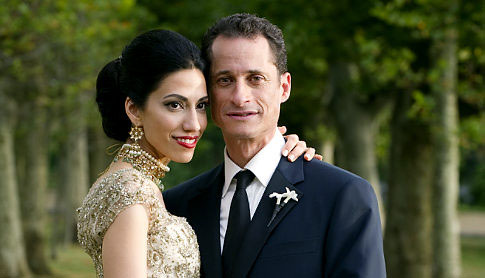
The Episcopal Commission on Family and Life in Lebanon, established by the Assembly of Catholic Patriarchs and Bishops in collaboration with the Pontifical Council for the Family, has published the document: “Mixed Marriages in Lebanon. Realities and Challenges”.
The volume is the result of research begun in February 2010, by an international meeting in Beirut on the subject and according to the instructions of the World Meeting of Milan with Pope Benedict XVI on “The Family: Work and Celebration” (2012). The conference in Beirut was attended by Cardinal Ennio Antonelli, President of the Pontifical Council for the Family at the time.
In the preface to the research, the President of the Commission, Antoin-Nabil Andari, presents the situation of Lebanese society and families, with its strong confessional plurality: there are eighteen recognized religious communities, with a large number of mixed marriages. In this pluralist context, «marriage has an assembling function and also that of limiting both the communities and their members». For the theology of the Church, «the mystery of life and communion operates between persons and with God». Christian marriage «participates in the mystery of creation» and is «the visible icon of the loving relationship between Christ and His entire body, the Church, and it finds its meaning in this relationship».
There are four types of marriage, from the Church’s point of view: ecclesial marriage (canonic), unequal marriage (interreligious), mixed marriage (Inter-Christian) and civil marriage (ethical). From the theological viewpoint, are all valid. The first three are celebrate at church.
«The feeling of love and the will to live together forever and to share joys and concerns risk concealing the important differences between spouses of different faiths. Mixed marriage —especially of the interreligious kind— raises the question of the common cultural and human background necessary for the couple’s life», which manifests itself in everyday living and especially with the mature age. And «often good will not be able to compensate for the lack of a common faith».
Particularly, in marriages between Christians and Muslims, the different conception of man and woman may be problematic. Having many children is, for Muslims, a blessing from God and their education is not entrusted to the mother alone but to the entire community of the women. In traditional Islamic concept of the patriarchal society, the father transmits the religion to their children, and therefore, it is unlikely that a woman can educate the children in her own faith. For Muslims, marriage with a partner of different religion often means distancing oneself from the community. This can involve a certain amount of pressure on the Christian to convert to the Muslim faith. Moreover, the marriage of a Muslim-Christian couple celebrated in the Christian rite is not valid for Muslims.
Even in mixed marriages (between Catholics and non-Catholics) there are difficulties due to differences in mentality. It is celebrated with a dispensation given by the ecclesiastical authority, granted where the bride and groom are aware of the essential nature and purpose of marriage and the Catholic party is committed to baptizing their children and raising them in the Catholic faith.
Cardinal Ennio Antonelli’s greeting discourse and conclusions